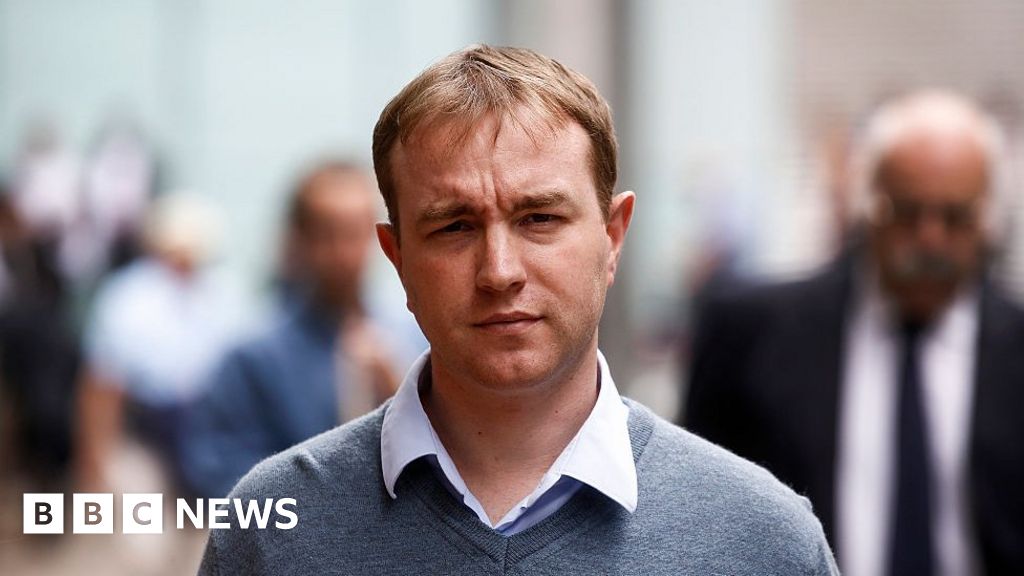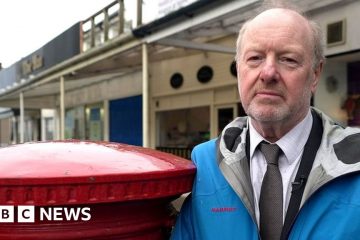Two former bankers jailed for rigging interest rates are appealing against their convictions after an eight-year battle to clear their names.
Tom Hayes and Carlo Palombo were among 37 City traders prosecuted for manipulating rate benchmarks Libor and Euribor.
If they are successful it could lead to the reversal of all such convictions.
If they are successful it could lead to the reversal of all such convictions.
The former traders were found guilty of manipulating Libor and Euribor, two benchmark interest rates that track what banks pay to borrow cash from each other.
Each day, 16 banks would submit an estimate of the cost of borrowing a large sum of cash from other banks and an average would be taken to get the Libor benchmark, with a similar process to get Euribor.
The cash desks submitting those rates would look at the interest rates at which other banks on the market were offering funds, which differed from each other by one hundredth of a percentage point or two, and select a rate from that range to submit.
Hayes and Palombo asked the cash desk to submit those rates high or low, depending on what would benefit their banks’ trades, like, they say, did many other traders. If they agreed to do so, that was, according to the Serious Fraud Office, a conspiracy to defraud.
The judge in the Hayes trial directed the jury that it was dishonest and unlawful for a bank to allow its commercial interests to influence its trades in any way – a matter of fact that should have been for the jury to decide, lawyers for Tom Hayes told the court.
Two former bankers jailed for rigging interest rates are appealing against their convictions after an eight-year battle to clear their names.
If they are successful it could lead to the reversal of all such convictions.
Tom Hayes and Carlo Palombo were among 37 City traders prosecuted for manipulating rate benchmarks Libor and Euribor.
The former traders were found guilty of manipulating Libor and Euribor, two benchmark interest rates that track what banks pay to borrow cash from each other.
If they are successful it could lead to the reversal of all such convictions.
If they are successful it could lead to the reversal of all such convictions.
The former traders were found guilty of manipulating Libor and Euribor, two benchmark interest rates that track what banks pay to borrow cash from each other.
Each day, 16 banks would submit an estimate of the cost of borrowing a large sum of cash from other banks and an average would be taken to get the Libor benchmark, with a similar process to get Euribor.
The cash desks submitting those rates would look at the interest rates at which other banks on the market were offering funds, which differed from each other by one hundredth of a percentage point or two, and select a rate from that range to submit.
Hayes and Palombo asked the cash desk to submit those rates high or low, depending on what would benefit their banks’ trades, like, they say, did many other traders. If they agreed to do so, that was, according to the Serious Fraud Office, a conspiracy to defraud.
The judge in the Hayes trial directed the jury that it was dishonest and unlawful for a bank to allow its commercial interests to influence its trades in any way – a matter of fact that should have been for the jury to decide, lawyers for Tom Hayes told the court.
#Jailed #bankers #appeal #rate #039rigging039 #convictions
Note:- (Not all news on the site expresses the point of view of the site, but we transmit this news automatically and translate it through programmatic technology on the site and not from a human editor. The content is auto-generated from a syndicated feed.))



